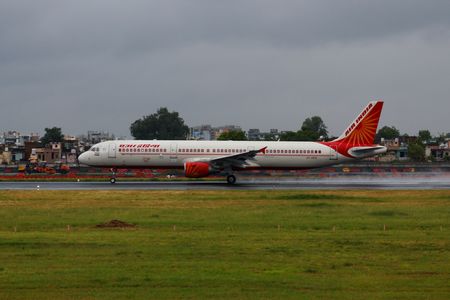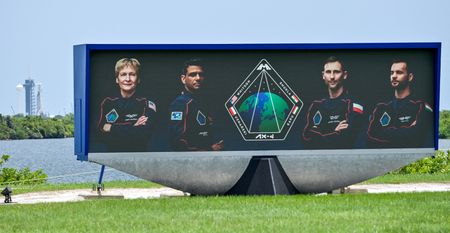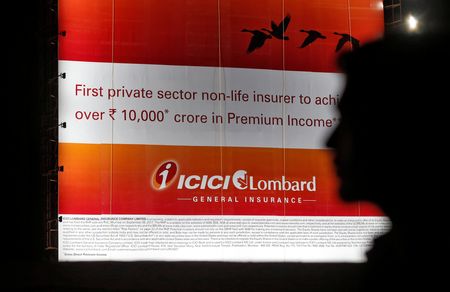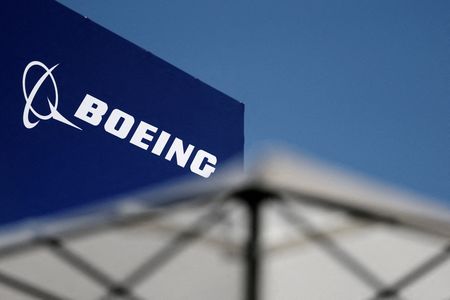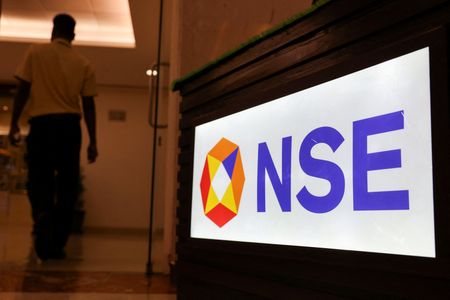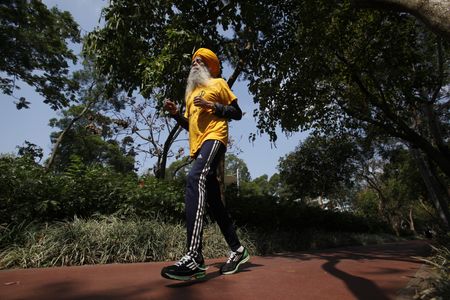(Reuters) -India’s AWL Agri Business, previously known as Adani Wilmar, reported a nearly 25% fall in quarterly profit on Tuesday, as higher prices of branded palm oil led consumers to opt for cheaper alternatives.
Indian consumers operating on tight budgets due to slow wage growth have been increasingly shunning large brands in response to price increases.
AWL, which makes the Fortune brand of cooking oil, reported a consolidated net profit of 2.36 billion rupees ($27.51 million) for the first quarter ended June 30.
Sales volumes in its mainstay edible oil business, which accounted for four-fifths of its topline, dropped 4% on slow palm oil sales, even as higher prices helped push revenue higher.
Volumes in the segment “remained under pressure, largely due to sluggish palm oil sales driven by its relatively higher prices,” AWL said, adding it lost market share during the quarter.
Overall revenue rose 21% to 170.59 billion rupees.
AWL’s food business, which sells staples such as rice and pulses, posted a 5% fall in volumes, excluding a one-off impact, as wheat flour sales struggled due to soft demand, stiff local competition and higher prices.
Shares fell 2.2% post-results.
In the coming quarters, AWL expects sales volumes to rebound, with palm oil prices stabilising and inflation slowing to a more than six-year low last month.
“As the inflation comes down … food is the first product on which consumers are a little more likely to spend liberally,” CEO Angshu Mallick told Reuters, adding consumers would now buy more branded foods, including tea and bread.
Rival Marico, which sells the Saffola brand of cooking oil, is yet to report results. It said in an update earlier this month that quarterly revenue would grow in the low-20s percentage range on improving rural demand.
($1 = 85.7870 Indian rupees)
(Reporting by Praveen Paramasivam; Editing by Janane Venkatraman)

